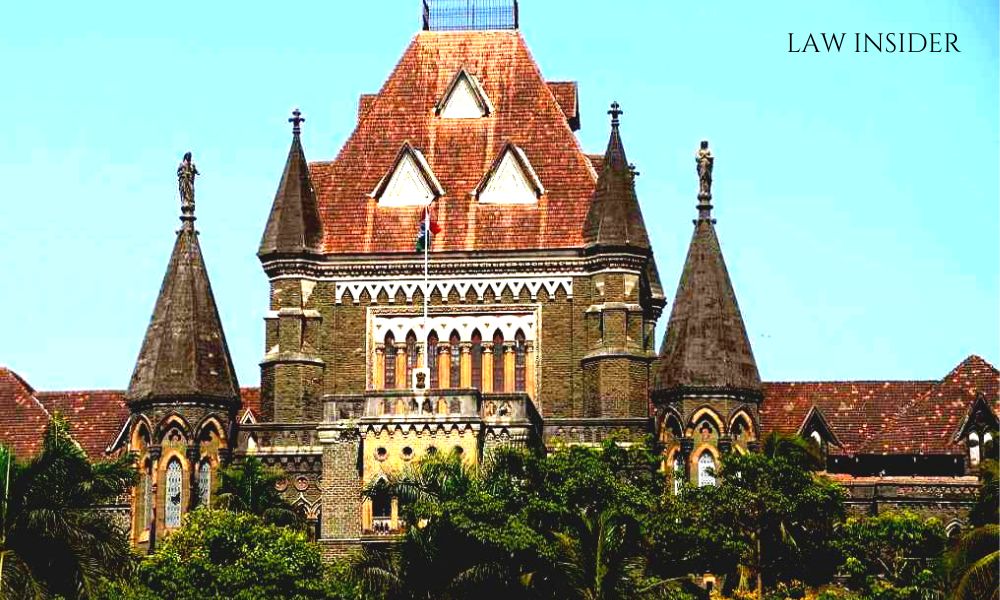LI Network
Published on: December 10, 2023 at 15:28 IST
The Bombay High Court affirmed that house arrest constitutes a form of custody, and the duration spent under house arrest should be factored into the overall calculation of an accused individual’s custody period.
A bench comprising Justice AS Gadkari and Justice Shyam C Chandak granted bail to Mohammed Farooq Shaikh, who had been in custody for over 5 years and 8 months, including more than 4 years of house arrest.
The court rejected the argument presented by Mr. Venegavkar, counsel for the Enforcement Directorate, who contended that the period of house arrest should be excluded from the total custody period. The court emphasized that house arrest fundamentally restricts an individual’s liberty, making it a form of arrest under the law.
Shaikh faced charges under Section 3 (money laundering) of the Prevention of Money Laundering Act, 2002 (“PMLA”), and sought the quashing of the case through a writ petition.
Arrested on April 23, 2018, Shaikh’s bail application was initially denied by a Single Judge on August 10, 2018. Subsequently, a Division Bench directed his placement under house arrest on June 6, 2019, and the interim relief was extended on June 25, 2019. The Supreme Court, in an appeal by the Enforcement Directorate, upheld the house arrest orders.
Shaikh argued that the maximum sentence for the PMLA offence is 7 years, and given his time in custody, he should be released. The Enforcement Directorate contested the inclusion of the house arrest period in the custody calculation, but the court disagreed, highlighting the constitutional importance of personal liberty.
Citing the Supreme Court’s decision in Union of India v. KA Najeeb (2021), the court underscored that statutory restrictions do not negate the constitutional courts’ authority to grant bail on grounds of fundamental rights’ violation.
Noting Shaikh’s extended custody without trial, the court deemed it a violation of his right to personal liberty. Considering the likelihood of a timely trial and the fact that he had already served a significant portion of the potential sentence, the court ordered Shaikh’s release on bail during the petition’s pendency.

